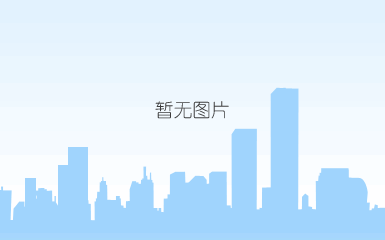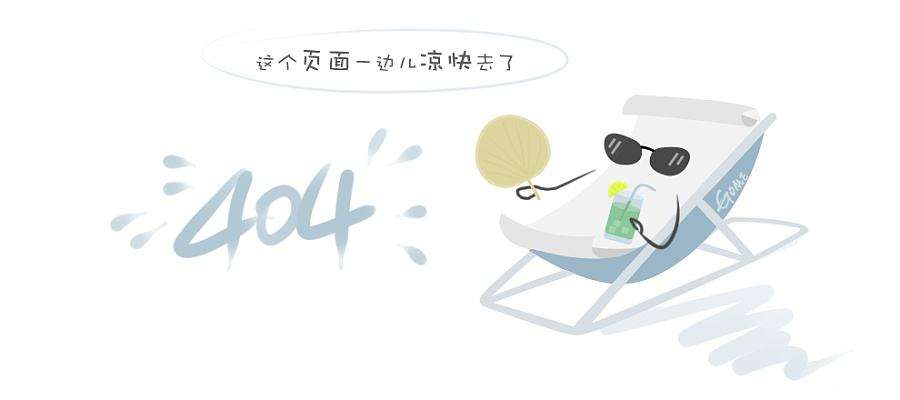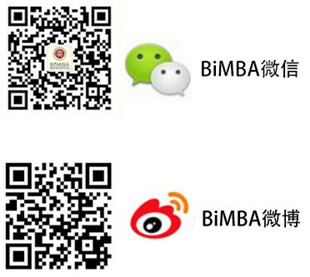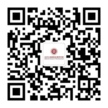gunter pauli’s dream about “the blue economy”
by yuanyuan hu
gunter pauli has a dream. the belgian entrepreneur has a plan to develop 100 manufacturing innovations with viable business models that could generate 100 million jobs in 10 years. all with zero emissions and no waste.
on december 16, bimba at peking university invited pauli to share his dream and entrepreneurial ideas with more than 70 mba students. bimba dean john yang presided over the speech event.
pauli’s concept of “the blue economy” refers to a way of doing business in the world of tomorrow - combining profitability, sustainability and scientific knowledge.
this economic philosophy was first introduced in 1994 by pauli when asked by the united nations to reflect on the business models of the future. now, substantiated by over 180 concrete cases, it is increasingly clear that it is possible to generate more revenue, while generating more jobs and still compete on the global market.
the key difference between a green economy and a blue one, according to pauli, is that the blue economy is where the best for health and the environment is cheapest and the necessities for life are free thanks to a local system of production and consumption that works with what you have.
the blue economy applies to any business sector and in addition to the reinjection of cash into the local economy, and the use of locally available resources it is dedicated to eliminate whatever is not needed.
a battery is not replaced by a green battery; it is simply substituted by an energy system for mobile electronic devices that does not rely on a battery. this represents massive savings in material and costs, while reducing the ecological footprint on the environment and the health risks to the citizens of this world.
and pauli isn’t all talk. there’s plenty of action in the many startup-style projects around the globe funded by his organization zero emissions research and initiative, which is now a global network.
memorable achievements include recycling coffee waste for mushroom farming, making biodegradable detergent from discarded citrus peel, and the conversion of petrol stations into 'charge stations' for electric cars.
time has come to shift towards a competitive business model that allows producers to offer the best at the lowest prices by introducing innovations that generate multiple benefits, not just increased profits.
the key to this dramatic shift is to evolve from a core business based on a core competence to a portfolio of businesses that generate multiple benefits for business and society.
for instance, a coffee company can generate income from the coffee, its core business, and now can also generate revenue from the mushrooms farmed on the waste, and whatever is left over after harvesting the protein rich fungi is excellent animal feed. one revenue model is now transformed in a three revenue model.
pauli’s speech raised a heated discussion among the event participants. the mbas challenged his ideas in terms of business model, operation and management, and sustainable development. however, pauli disdained some doctrines (‘dogmas’ in his own word) that are catching on in the us. “why should i bother preparing a complicated business plan if i can help mexican farmers shrug off property by merely teaching them a new way of planting?” said pauli.
the key for a new venture’s success, pauli said, is a brilliant new idea plus a sound implementation.
when answering dean john yang’s question, pauli listed three key elements that are critical to the growth of an entrepreneur, i.e., early education and parents’ influences, tendency of challenging conventional business concepts, habit of exploring the underdeveloped world for business opportunities.
pauli was born in antwerp, belgium. his entrepreneurial activities span business, culture, science, politics and the environment. he founded zero emissions research initiative (zeri) and the subsequent global zeri network which uses science and publicly available information to find and develop sustainable business solutions.
serving clients from remote communities to major corporations, solutions are inspired by what is locally available, building on local knowledge and culture. pauli has been visiting lecturer and professor at universities around the world, and a board member of ngos and private companies in asia, usa and latin america.
